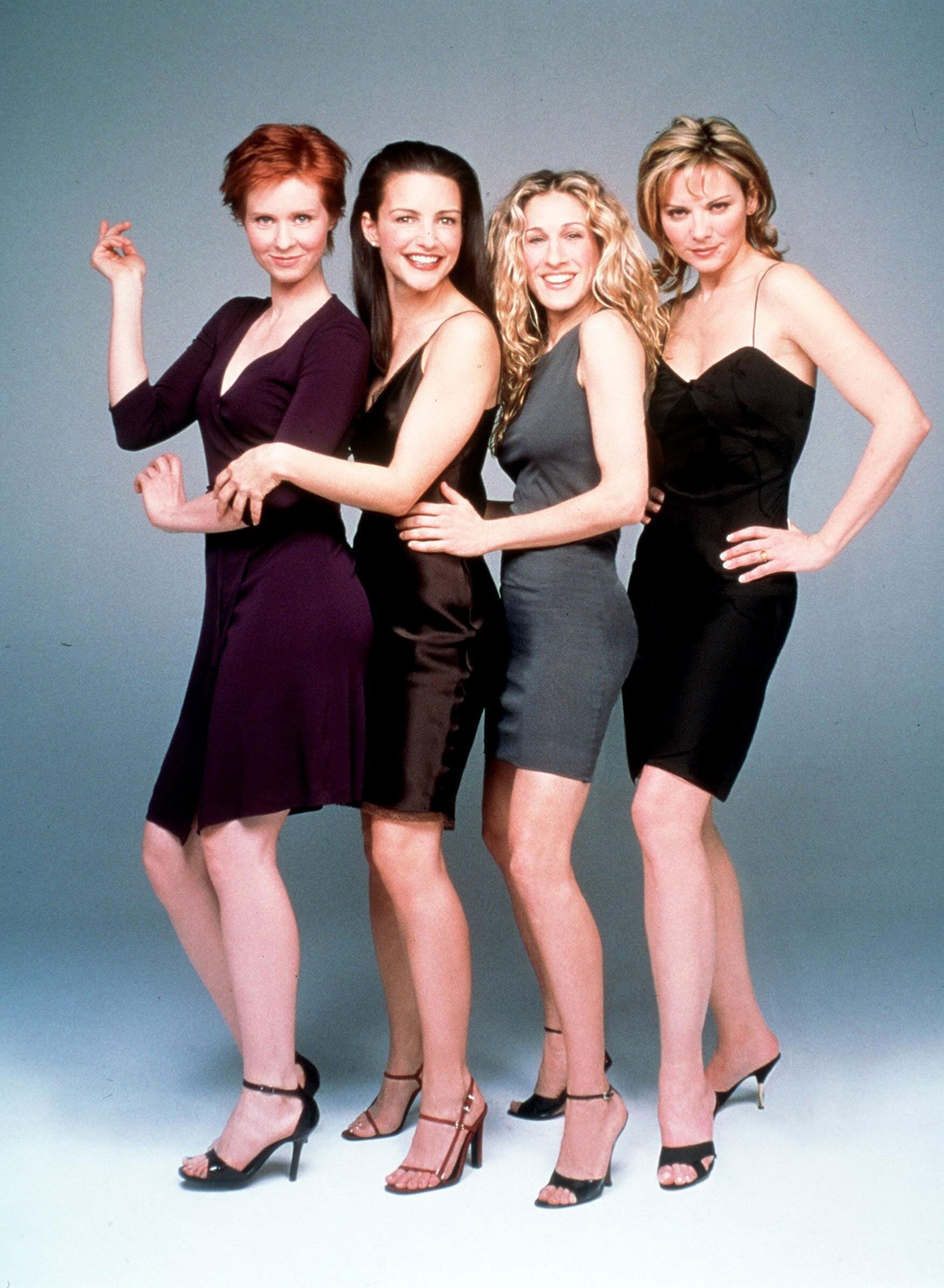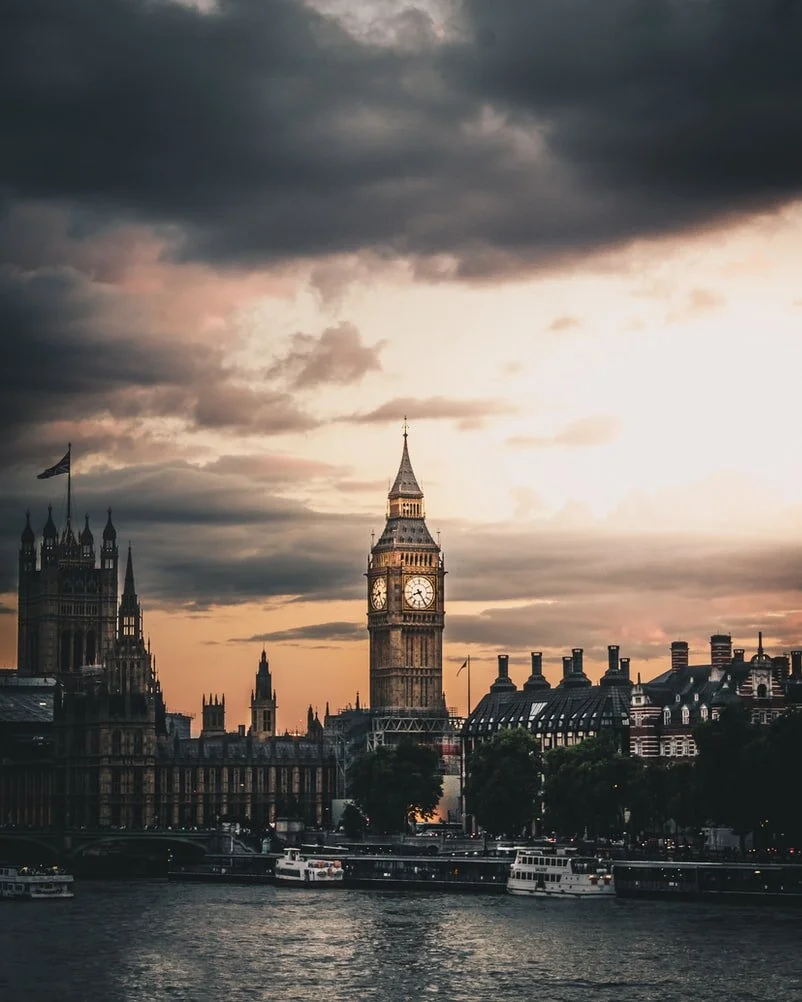The Social Catch-22 Of Being Plus-Size And Exercising
The response to this month’s Cosmopolitan ‘This Is Healthy’ cover has really got the world showing their fatphobia, huh?
Just as Cosmo’s cover starring Tess Holiday back in 2018 did, this one has stirred up a lot of conversation about what it means to be healthy, and if being overweight or fat means you can be included under that umbrella. If you’ve been reading The Unedit for a while, you’ll know where we obviously stand: you can’t gauge someone’s health level based purely on their physical appearance. We also know that there are more detrimental health impacts caused by weight stigma and medicalised fatphobia than there are caused by being fat as a sole factor. But taking a step away from the conversation of health in itself and where larger bodies sit on that spectrum, I wanted to discuss a more particular part of this dialogue, and that’s fat bodies and exercise. (Please note that this article doesn’t go into the further nuances of this conversation – which should be recognised – such as disability and other health complications, and how these in turn impact relationships with exercise; I am writing with specific regard to my experiences as a moderately active plus-size person.)
Some fat people don’t exercise, much like some thin people don’t. Some fat people do exercise, much like some thin people do. That in itself is an important factor to consider: bodily autonomy and the decision to take part in exercise or joyful movement is a choice. A person living in a smaller body has the same amount of choice to partake – or not to partake – in exercise as someone living in a larger body. When a decision is made to not exercise, nobody has the right to villainise or stigmatise that person for making that choice, regardless of the reasoning behind it.
Tale as old as time will tell you that wellness spaces – or at least most of them – are not inclusive. The ideology that everybody can stroll in to a gym and get a workout in is wrong, and quite frankly, ignorant. I, even as a small-fat, have experienced countless intimidating and insulting experiences in the gym, not just from other gym-goers, but from the trainers that work there, too. Some of these experiences stopped me from attending the gym for a week, some for months – even stopping me from attending the classes that I loved (but was ultimately scared of, being the biggest person in the room). And even still, I hold more privilege than those in larger bodies than my own. Even beyond interpersonal exchanges in a gym environment, there’s very little room made for moderation or consideration for someone in a larger body in group exercise, which in itself is a common turn-off.
Gyms are not a welcoming place for people who exist in bodies that don’t necessarily fit the ideal, in fact, they best resemble minefields for many. The general experience that most plus-size people encounter when making the decision to exercise is enough to decide not to exercise in the future. The initial fatphobia that encourages this feeds into a more treacherous cycle of its own: bad experiences encourage larger bodies to exclude themselves from these environments out of fear and shame, leading to less visibility of plus-size bodies in these wellness spaces, leading the further perpetuation of the notion that fat people are lazy and as a result refuse to exercise. The stigma that comes attached to a plus-size person who chooses not to exercise is wildly different from the exoneration that smaller bodies get when they make the same decision. The latter feels no pressure, almost validation in their choice – “I mean, you don’t need to even worry about exercise… look at you!” – whilst the former will be berated for the same.
There’s also the ridiculous rhetoric that all plus-size bodies who choose to exercise have the sole ambition of losing weight. Calling bullshit right here, and the large majority would agree. Whilst overall the language that’s used across the board when it comes to exercise is damaging (terms like ‘shred’, ‘burn’, ‘melt’ – all with reference to fat and calories), there are many reasons beyond weight loss that a person might decide to exercise. Whether it’s for their mental health, to get stronger, recovery from an injury, or even just because they love it, people turn to exercise for multiple reasons, none of which have to include burning fat or dropping pounds. Sure, weight loss might occur as a result, but stands as nothing more than a byproduct. Much like you wouldn’t pass someone with a thinner build whilst they’re on a jog and say to them, “Hey, trying to lose a few pounds are we?”, we need to divert away from the societal assumption that being big and moving your body automatically means that our intention is weight loss. In a society that sees being fat as a burden, the idea that you may enjoy exercise or not have your eyes set on dropping three dress sizes doesn’t even seem to enter social consciousness.
The long and the short of it is; if you’re plus-size, you’ll forever be thrown into an endless catch-22 when it comes to exercise. If you don’t exercise, regardless of your reasons why, you’re lazy and that’s the reason that you’re fat, and the only person at fault is yourself. Cue the blame and shame. If you do exercise, you’re expected to be doing it for weight loss, and as a lovely side to this, if it doesn’t look like you’re losing weight, then you must be doing it wrong, and therefore, you must work harder until you wring out all joy from your workouts. Not to mention, the overall experience for you within wellness spaces can suck. The vicious cycle of being damned if you do, damned if you don’t ensues.
For all the plus-size exercisers out there, don’t let society and its gross fatphobic ways stop you from doing what you enjoy and what makes you feel good. And for everyone else, just leave fat bodies alone – if they wanted your opinion or commentary (which they don’t), they’d ask for it.
Image credit: Alina Chernysheva
Want to support The Unedit and the work that we do? Buy us a coffee.








